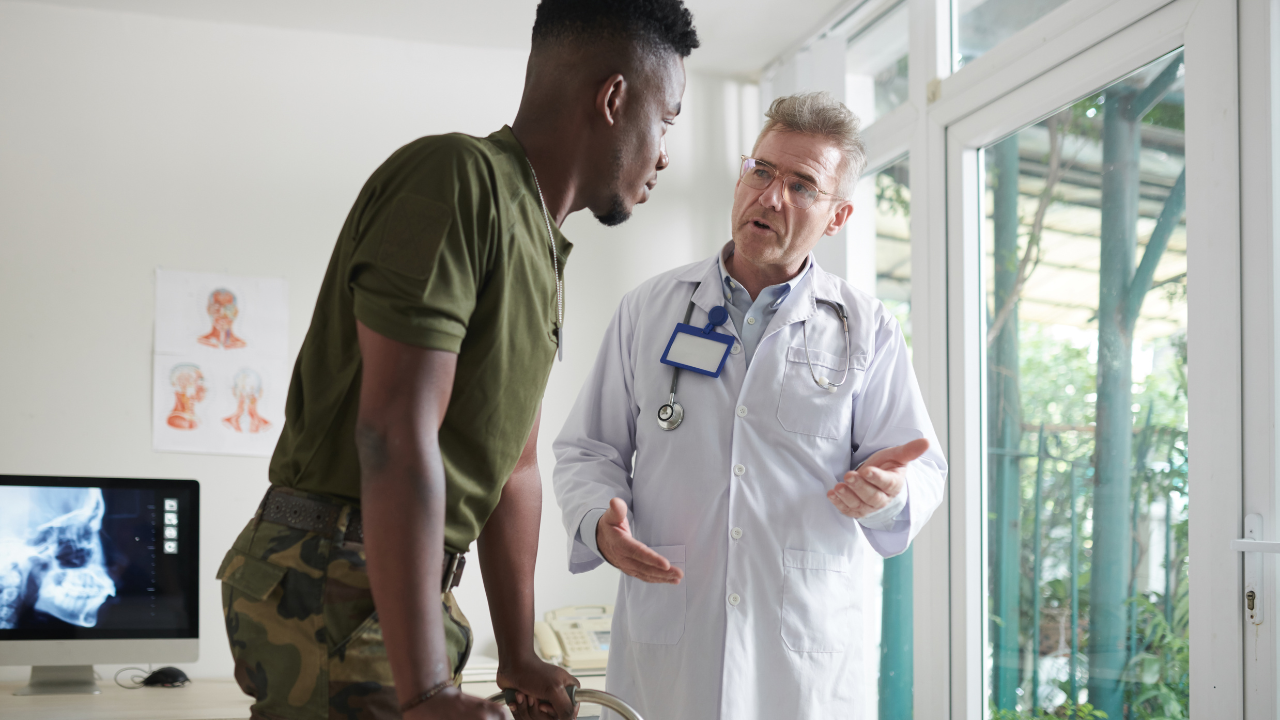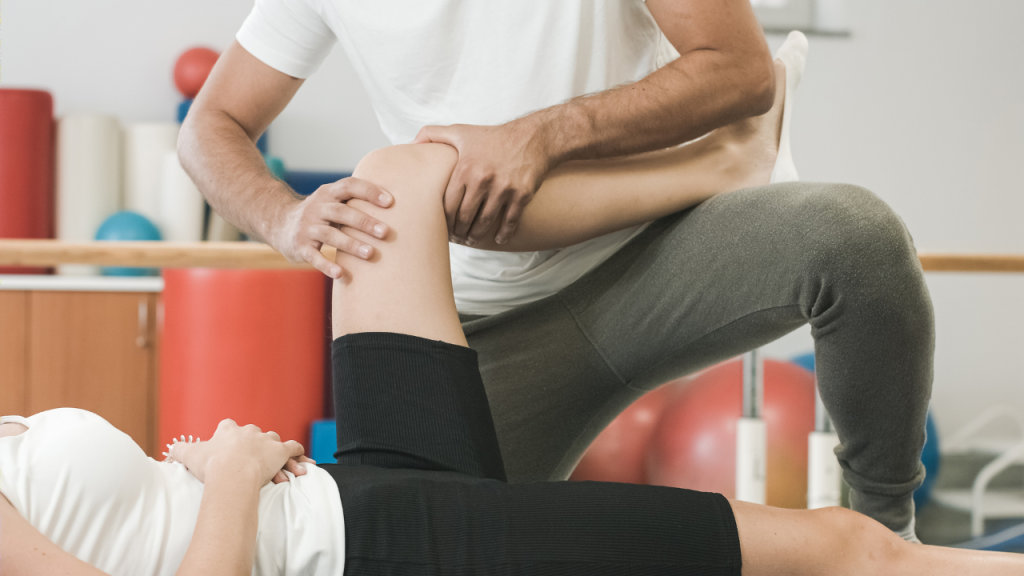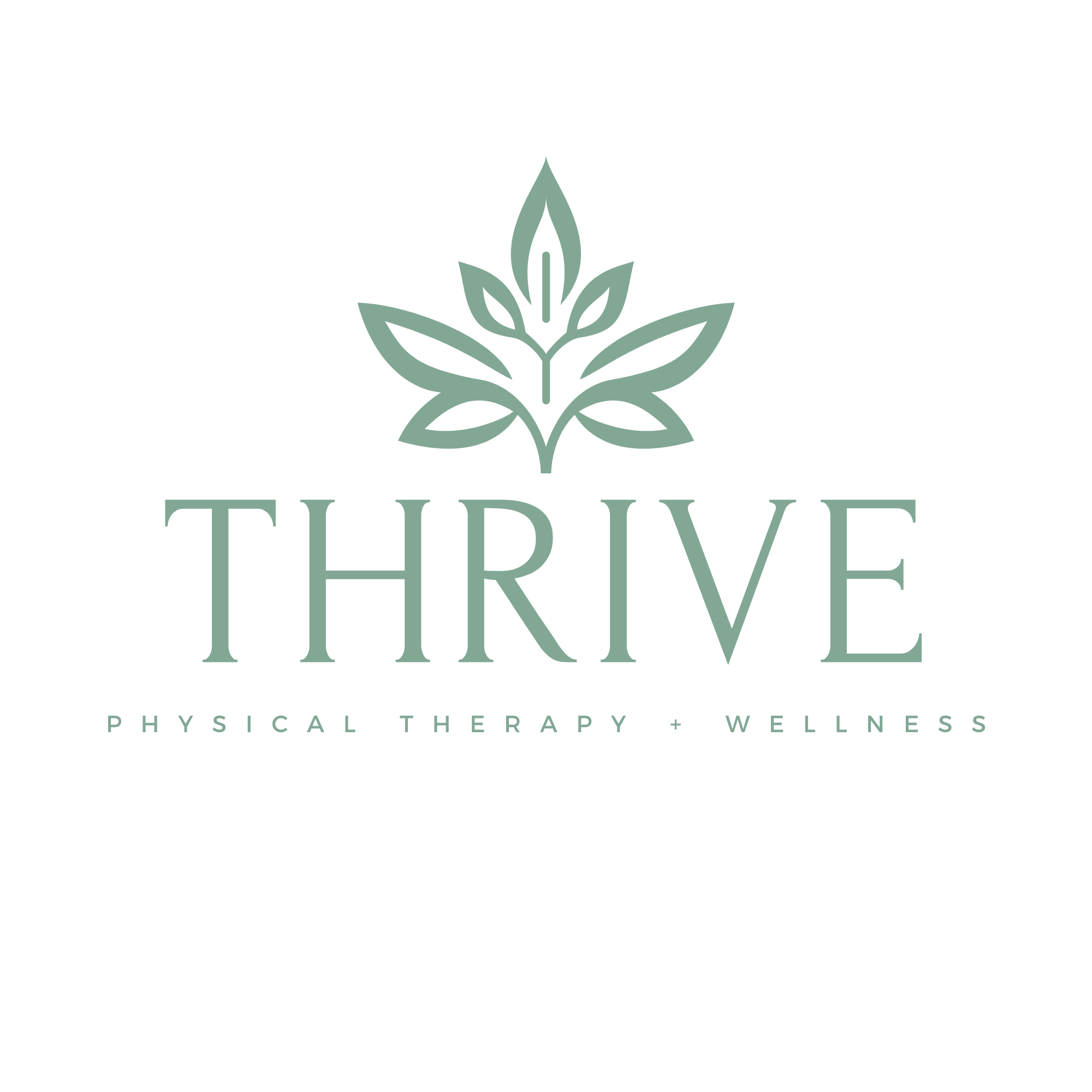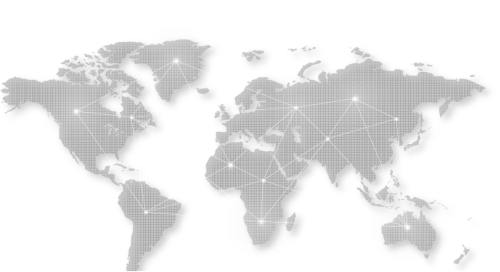
Auto accidents are the kind of events that jolt your world in an instant. One second you’re going about your day, the next you’re rattled by the screech of tires and the crunch of metal. Even if you walk away from a crash feeling “fine,” it doesn’t always mean your body agrees. The truth is, many injuries from car accidents don’t surface immediately — some creep in hours or days later, quietly tightening muscles, disrupting balance, and causing discomfort that slowly becomes part of your every move.
This is where physical therapy steps in — not just as a treatment, but as a crucial companion in your recovery journey. Especially at a place like Thrive Physical Therapy, where care isn’t a checklist — it’s a conversation between patient and practitioner, a tailored path toward healing that respects both your body and your story.
The Invisible Injuries of Auto Accidents
When people think of car accident injuries, the first image that pops into their minds is usually whiplash. And yes, that’s common — but it’s far from the only concern. From herniated discs and soft tissue damage to misaligned spines and traumatic brain injuries, auto collisions can impact the body in deeply layered ways. What’s more challenging is that these injuries often hide behind adrenaline and shock.
Pain might not roar — it might whisper. Maybe it shows up as a stubborn ache in your lower back or a numbness in your fingers when you’re at your desk. Maybe you find your neck doesn’t turn quite as far as it used to, or you feel unbalanced going down the stairs. These symptoms are signals, not quirks. And physical therapy is how we decode them, respond to them, and, ultimately, heal from them.
Why Early Intervention Matters
The sooner you start addressing accident-related injuries, the better your chances of full recovery. Scar tissue, muscle imbalances, and movement compensations don’t take long to set in — and they can cement habits in your body that are hard to break later. Think of your body as clay that’s still soft right after the accident. That’s the moment when physical therapy can reshape your healing trajectory.
At Thrive Physical Therapy, the approach is both proactive and preventive. They don’t wait for chronic pain to set in. Instead, they assess where your body is now, identify potential trouble spots, and gently begin guiding you back to balance. That can mean the difference between a temporary setback and a long-term struggle.
Movement is Medicine — But Only the Right Kind
Let’s be clear: recovering from an auto accident doesn’t mean toughing it out or pushing through the pain. It means working with your body, not against it. That’s what physical therapy does best.
You might be surprised to learn that recovery at Thrive isn’t just about stretching or using machines. It’s about teaching your body how to trust itself again. Maybe your core has forgotten how to activate after weeks of bracing from back pain. Maybe your gait is uneven because one hip is compensating for the other. These aren’t just muscle problems — they’re movement puzzles, and physical therapists are experts at solving them.
In many cases, therapy begins with gentle, manual work to release tension and restore mobility. Then come exercises tailored to your unique body and injury. Nothing cookie-cutter. Nothing rushed. Just a steady reintroduction to movement that feels safe and productive.
The Emotional Side of Physical Recovery
It’s easy to underestimate the emotional toll an auto accident takes. Even if your injuries are mostly physical, the fear, anxiety, and frustration can become just as debilitating. You might start avoiding driving, sleeping poorly, or worrying that your pain is permanent.
At Thrive Physical Therapy, there’s a recognition that healing isn’t just physical — it’s emotional too. That’s why their clinicians don’t just treat muscles; they treat people. They listen. They ask the right questions. They watch how you move, but also how you respond to that movement. They create a space where it’s okay to feel nervous, uncertain, or discouraged. Because recovery isn’t linear, and support should never be conditional.
When you walk into Thrive, you won’t be met with cold machines and clinical jargon. You’ll be met with warmth, conversation, and a deep desire to understand your pain from the inside out.
From Pain to Possibility: A Realistic Roadmap
One of the most empowering things about physical therapy is that it gives you tools. Not just stretches to do at home, but an actual understanding of what your body is doing and why. That alone can shift your recovery from passive to active.
At Thrive, education is baked into the process. If your back hurts when you sit, you’ll learn why — not just that it’s happening. If your neck tightens every time you drive, they’ll break down what’s triggering it, what posture you’re defaulting into, and what small adjustments can start easing that tension.
What this does is restore agency. You stop feeling like your body is betraying you and start feeling like you’re back in the driver’s seat. Literally and metaphorically.
Physical Therapy as Preventive Care, Not Just Repair
There’s a common misconception that you only need physical therapy after something bad happens. But what if it could prevent things from getting worse?
Auto accidents often plant the seeds of long-term issues — frozen shoulders, nerve compression, chronic tension headaches. Left untreated, those seemingly minor tweaks to your posture or walking patterns can cascade into more serious problems months or even years down the line.
By addressing the root causes early and restoring proper movement patterns, physical therapy becomes a form of insurance — not just for your recovery, but for your long-term well-being. It’s not just about getting back to normal. It’s about building a new, stronger foundation beneath you.

Thrive’s Difference: Personalized Healing that Respects Your Story
Not all physical therapy clinics are created equal. Some feel like medical factories — in, out, next. But Thrive is different. Here, recovery is a relationship. It’s hands-on, individualized, and deeply human.
What sets Thrive Physical Therapy apart isn’t just their expertise — though they certainly have that — it’s their approach. They don’t believe in one-size-fits-all treatment plans. Instead, they treat each patient as a whole person with a unique history, injury, and lifestyle.
You won’t be handed a generic worksheet of exercises. You’ll have sessions that adjust as your body heals. You’ll feel seen, heard, and supported, whether you’re dealing with a mild strain or navigating your way through complex trauma.
From your very first appointment, the focus is on you. Your goals. Your pace. Your life. The therapists at Thrive don’t just want to help you recover — they want to empower you to thrive (yes, pun absolutely intended) far beyond your treatment plan.
Suggested Reading: What to Expect During Post-Surgery Rehabilitation: A Guide to Recovery
Conclusion: Healing Isn’t Just About Time — It’s About the Right Care
We often hear that “time heals all wounds,” but in reality, time without proper care can let wounds deepen. Especially with auto accident injuries, the body needs guidance. Support. Expert attention. Without that, it’s easy to develop compensations that feel normal but aren’t healthy.
Physical therapy isn’t just about “fixing” an injury — it’s about giving your body the chance to remember how to move freely again. To return to a state where pain isn’t your default. To trust your limbs, your breath, your strength.
If you’ve been in an auto accident — whether recently or in the distant past — know this: you don’t have to live with the discomfort. Recovery is not only possible, it’s within reach. And with the right team by your side, it can be a powerful, even transformative, journey.
At Thrive Physical Therapy, the mission is simple — to help you move through life with more ease, confidence, and joy. Whether you’re recovering from a recent collision or finally ready to address pain that’s lingered for far too long, Thrive offers the expertise and compassion you need to heal fully and feel whole again.

